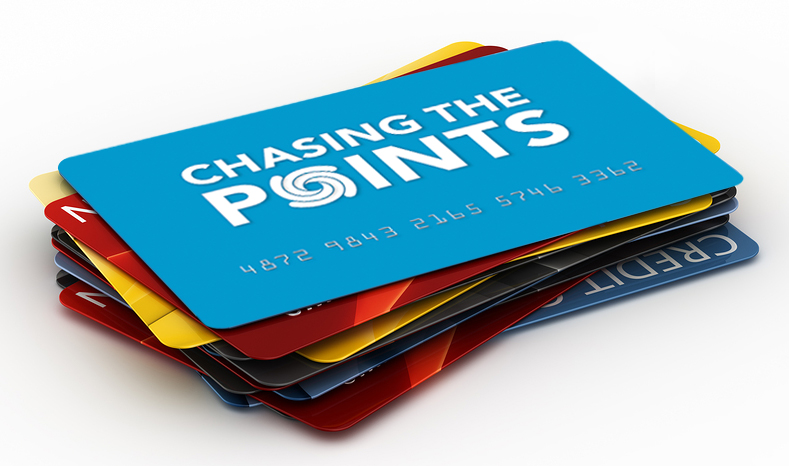
Regular readers of this blog will know I talk a lot about gift cards. If I don’t bore you to tears on gift cards, this post may do that, but you’ll see a different take this time with a focus on the finance side.
I want to preface this by saying that I’m not a finance professional and I wanted to bring to your attention a few things that you should consider before selling to a gift card exchange. In my current MBA class, we are discussing financial ratios and how to read a business from their balance sheet, income statement and cash flows. Ratios like the gross margin helps you determine what the company’s profitability is like and compare against the industry.
Coincidentally, there is a Wall Street Journal article that discusses start up companies using non Generally Accepted Accounting Principles (GAAP) in how they market themselves to investors. The start ups are telling investors they will hit giant revenue numbers in the near future, but after the IPO and they have to follow GAAP reporting, the numbers drop substantially.
It turns out that Mr. Bearden wasn’t talking about revenue, though he didn’t say so at the time. The Santa Clara, Calif., company now says the $100 million target was for “billings,” a gauge of future business that isn’t part of generally accepted accounting principles. Mr. Bearden declines to comment.
All the start ups talk about future revenue targets and it gets the investors all glaze over, begin drooling, and think they’ve found a $1B valuation). Because these companies are not listed on the stock market, it’s legal in how they report their numbers to the investors.
Instead of revenue, these privately held firms tout “bookings,” “annual recurring revenue” or other numbers that often far exceed actual revenue.
The practice is perfectly legal and doesn’t violate securities rules because the companies haven’t sold shares in an initial public offering. Public companies can use “non-GAAP” financial terms but must explain them and disclose how they differ from measurements that follow strict accounting rules.
Some where along those lines, that is how HP was caught up in their purchase of Autonomy and the write off of the company and the subsequent lawsuit that’s still pending.
What Does This Have To Do With Gift Card Exchanges?
Everything.
@ChasingThePts Do you use Junkcard? Their customer support seems to be lacking in a huge way. Makes me leery to send them anything of value
— brian socol (@briansocol) June 12, 2015
@briansocol raised a point that is always in the back of my mind, what are the “good” gift card exchanges. You can’t tell. All of the exchanges, with the exception of Cardpool (they were bought out by BlackHawk), are privately held companies. You have no idea what their financial numbers are like. Please note, I am not saying that Junkcard is a bad place to sell.
So let’s discuss the dynamics of a gift card exchange business. You give them the gift card information and they sell the card on the secondary market. You expect to be paid at the agreed upon rates. How and when you are paid is the million dollar question.
Liquidity
Last semester, I took an Operations Analysis class and we talked a slew of things, one point is liquidity. This point hits home to many manufactured spenders here. All companies want to have as much cash on hand as possible and to receive the inventory as quickly as possible. Businesses will negotiate payment terms like due upon receipt, net 30, or net 60 days. When you do this, they are able to plan their cash flow better.
When we are selling to an exchange, we are taking a leap of faith that the business is well run with plenty of liquidity and a cash flow that will allow you to be paid as soon as possible. We don’t know the inventory turnover is. If inventory doesn’t move and they still buying cards from you that does not bode well. It means they don’t have enough customers to buy the inventory to bring in revenues and continue to keep the lights on.
Adding It All Up
You’d need to research each and every exchange you think about selling on to ensure you protect yourself. One of the reasons for this post is because there are a lot of questions surrounding gift card reselling if any of us have sold on a particular exchange. Personally, I only have experience with the following: Cardpool, Giftcard Zen, Raise, and the defunct Plastic Jungle (pre Cardcash purchase).
The following note is not an endorsement of either companies, but my thoughts:
For all the folks that choose to sell on SaveYa, formerly known as giftcards.com, (which I’ve been attempting to be a bulk seller) they appear to be a reputable company.
I believe CardCash is moving in the right direction to becoming a bigger player in the secondary market. They seriously need to drop ABC gift cards to avoid any and all confusion since CardCash “purchased” ABC. One way they could do it is to redirect the ABC domain name into Cardcash and say they’ve “transitioned” into one brand. With Cardcash, researching them is pretty easy as there are a few articles that can be found like this quick one on Forbes. It is reported that Cardcash can count Guggenheim Partners and Incomm as investors.
So go nuts and sell some gift cards, but be sure to research the history of the exchange to make sure they have the liquidity and inventory turn so that you won’t be left holding the bag after they sell the card and you don’t receive the cash.
Continue reading...
Last edited by a moderator:
